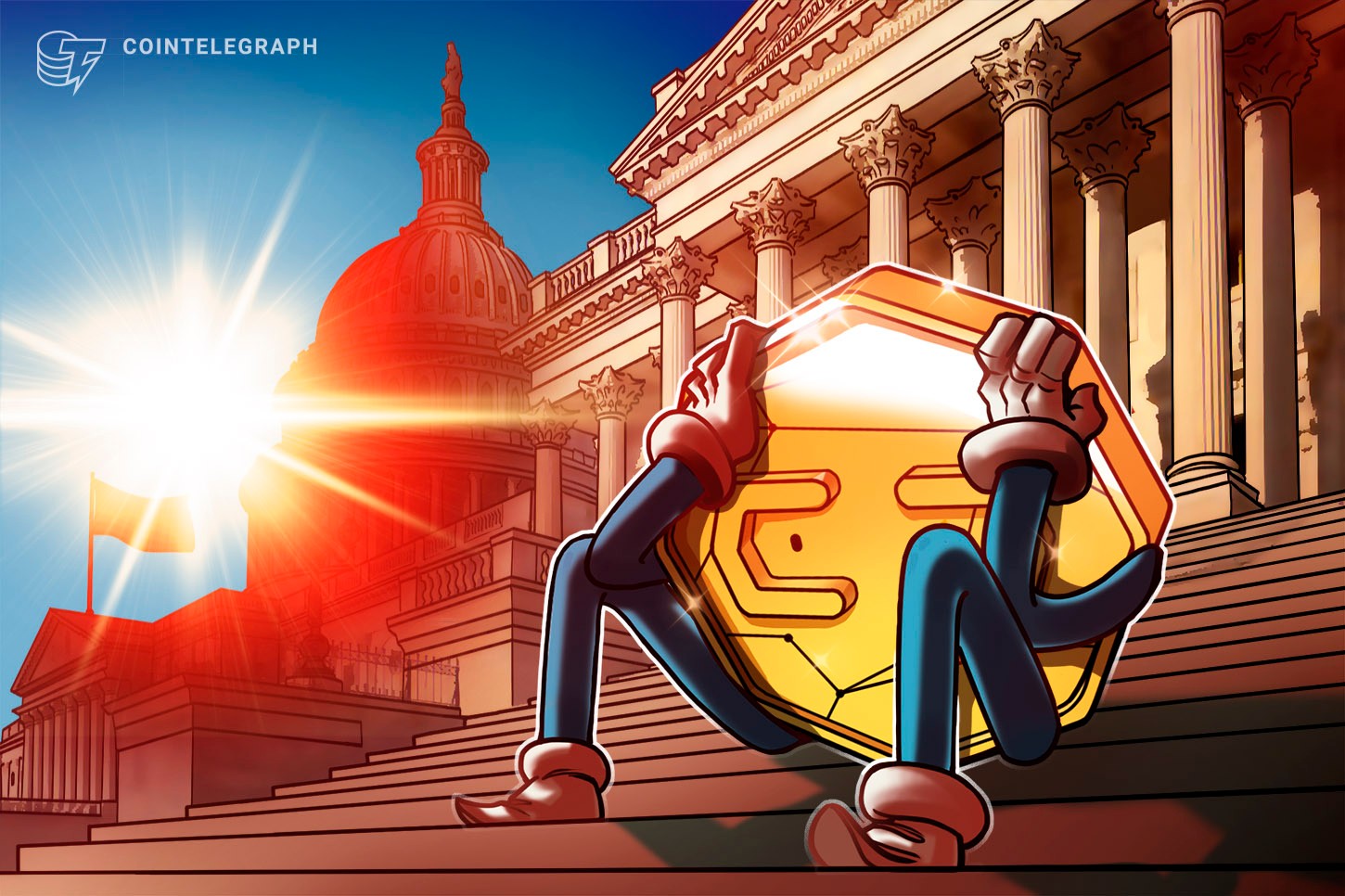United States securities laws are not flexible enough to account for digital assets, as evidenced by the parade of crypto-native companies that have tried and failed to get into the Securities and Exchange Commission’s (SEC) good graces, Rodrigo Seira, special counsel to Cooley LLP, told a House Committee hearing on April 9.
The hearing, titled American Innovation and the Future of Digital Assets Aligning the U.S. Securities Laws for the Digital Age, featured Seira, WilmerHale partner Tiffany J. Smith, Polygon chief legal officer Jake Werrett and Alexandra Thorn, a senior director at the Center for American Progress.
“It is clear that the current securities regulatory framework is not a viable option to regulate crypto. It fails to achieve its stated policy goals,” Seira said in his opening remarks. “[T]he idea that crypto projects can come in and register with the SEC is demonstrably false.”
Cooley LLP special counsel Rodrigo Seira addresses the committee on April 9. Source: House Committee on Financial Services
Seira acknowledged that crypto promoters who raise capital for a new enterprise should be subject to federal securities laws.
“In practice, however, virtually no crypto projects have successfully registered their tokens under federal securities laws and lived to tell the tale,” he said, adding:
Projects that tried to comply with [the] SEC’s current regulatory requirements expended significant resources and effort only to fail or survive in a state of regulatory uncertainty. Moreover, registration is not a simple one-time process. Registering a token in the same manner as a stock triggers an obligation to operate as a publicly reporting company […].”
Related: Crypto has a regulatory capture problem in Washington — or does it?
Righting the ship
In introducing the witnesses, Representative Bryan Steil, who heads the Subcommittee on Digital Assets, Financial Technology, and Artificial Intelligence, acknowledged regulatory roadblocks, which he said were put in place by the previous administration.
Congressman Bryan Steil addresses the hearing on April 9. Source: House Committee on Financial Services
Under President Donald Trump, lawmakers are attempting to right the ship by passing sensible legislation, said Steil.
One of the first steps occurred last week when the House Financial Services Committee advanced the STABLE Act, which is designed to regulate payment stablecoins tied to the US dollar and other fiat currencies.
Source: Financial Services GOP
A month earlier, the Senate Banking Committee advanced the GENIUS Act, which aims to regulate stablecoin issuers by establishing reserve requirements and requiring full compliance with Anti-Money Laundering laws.
The next step is “advancing the second half of this agenda: comprehensive digital asset market structure legislation,” said Steil.
Representative Ro Khanna told a digital asset conference last month that a market structure bill will cross the finish line this year.
The purpose of such legislation is to establish a clear regulatory framework for digital assets, including their legal categories and the enforcement jurisdiction of agencies such as the SEC and Commodity Futures Trading Commission.
Magazine: Unstablecoins: Depegging, bank runs and other risks loom


